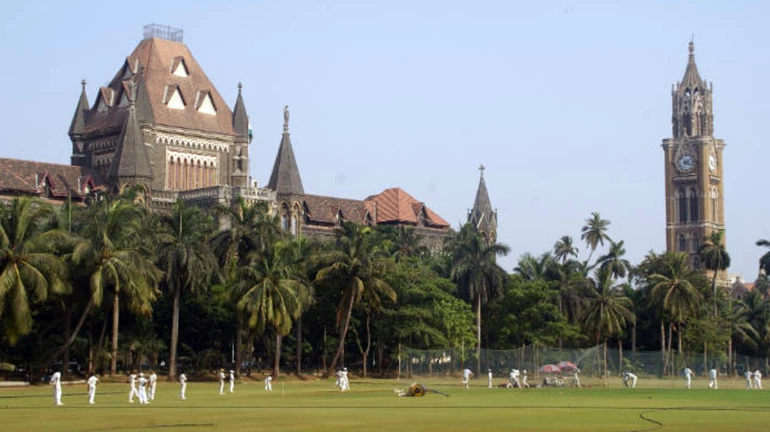
The Bombay High Court has upheld the decision of the Inspector General of Prisons (IG) to reject the plea filed by Sardar Shahvali Khan, a convict in the March 1993 Mumbai serial bomb blasts case, seeking a transfer to an open prison. The court rejected Khan’s plea on the grounds that he was around 66 years old, physically weak, and unfit for hard labor.
Background on the Case
In March 1993, a series of 12 powerful bomb blasts rocked Mumbai, killing at least 257 people and injuring 1,400. Khan, who is serving a life sentence, had moved to the high court after the IG had rejected his plea on February 4, 2022.
Reasons for Rejection
The IG had rejected Khan’s plea on the grounds that he was around 66 years old, physically weak, and unfit for hard labor. Inmates in open prisons primarily work in agricultural fields. The IG had also claimed that Khan was convicted of a grave offense and hence, could not be sent to an open prison.
Also Read: Court denies permission to refer to documents in Suleman Usman Bakery Firing Incident Case
Court Upholds Decision
The division bench of Justice Mangesh Patil and Justice Abhay Waghwase accepted the arguments advanced on behalf of the prison authorities. The bench said prisoners “convicted of grave offenses and habitual offenders are excluded from the benefit of selection for open prison and the convicts under TADA can easily fit in such excluded category.”
The court noted that since 2000, Khan had been complaining of joint pains and doctors suspect that he is suffering from arthritis. The IG had taken his medical record into consideration, and therefore, the authority was justified in concluding that the convict was physically unfit for open prison.
Khan’s Claims
Khan had contended that there was no medical certificate issued by any doctor which would prove that he was physically unfit. He also claimed that there was no provision in the Open Prison Rules that said that the nature of the crime can be a factor in deciding whether a prisoner can be transferred to an open prison. Hence, just because he is a convict in a bomb blast case, he should not be deprived of the benefit of spending the rest of his prison term in an open prison, claimed Khan.
Authorities’ Arguments
The jail authorities opposed Khan’s petition, pointing out that a prisoner had no inherent right to be shifted to an open prison. A public prosecutor also submitted that though there is no specific bar on sending convicts under the Terrorists and Disruptive Activities (Prevention) Act to open prison, the prisoner was found physically unfit to be sent to an open prison. Also, Khan was convicted of a grave offense.
Also Read: Darshan Solanki suicide update: Mumbai court extends accused remand till April 15
1993 Bomb Blasts
The 1993 Mumbai bombings were a series of coordinated terrorist attacks that occurred on March 12, 1993, in Mumbai, India. The bombings, which were carried out by the organized crime syndicate D-Company in association with Islamist extremist groups, involved a series of 12 explosions that targeted various locations across the city, including the Bombay Stock Exchange, hotels, and a popular movie theater. The bombings resulted in the deaths of at least 257 people and injured over 1,400 others, making it one of the deadliest terrorist attacks in Indian history. Several suspects were arrested and tried for their involvement in the attacks, who is currently serving a life sentence.





